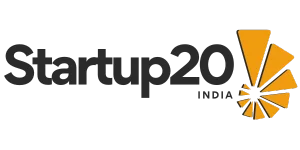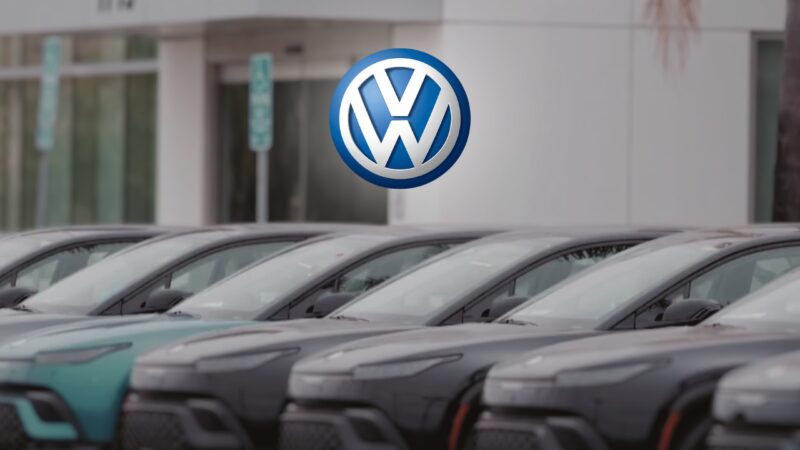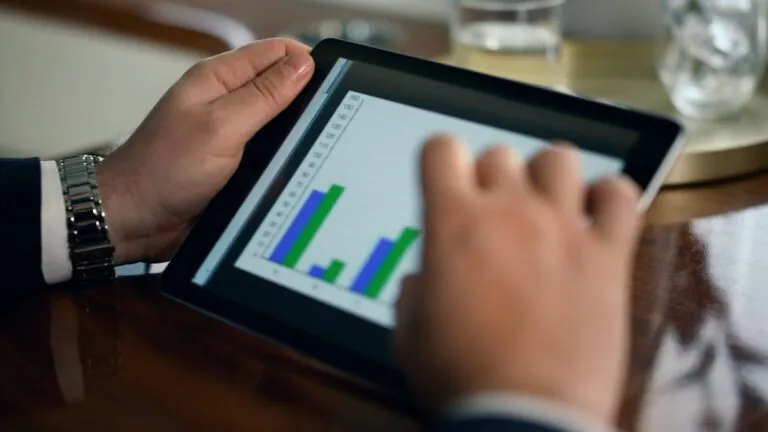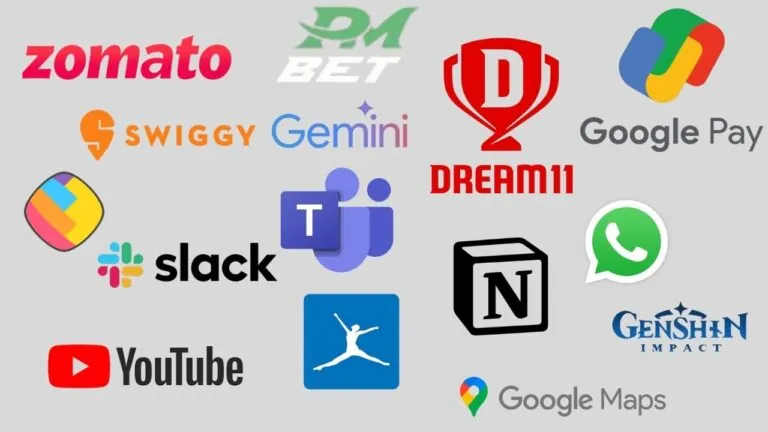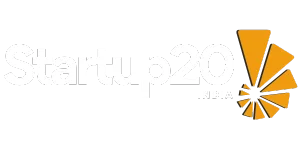Volkswagen Group will invest $1 billion in EV startup Rivian as part of a broad software development deal that could grow to as much as $5 billion.
This investment is a significant boost for Rivian, which faces a challenging path ahead as it strives to develop its mass-market R2 SUV. Following the announcement, Rivian’s shares surged more than 49% in after-hours trading.
For Volkswagen, the deal provides another avenue to enhance its software capabilities, an area where the company has faced considerable difficulties during the transition to electric vehicles.
As part of the agreement, the two companies will form a joint venture to develop and expand the technology. This will be a 50-50 partnership with co-CEOs reporting to both Rivian and Volkswagen Group. Rivian will share its expertise in electrical architecture with VW and is expected to license existing intellectual property rights to the joint venture.
This setup will give Volkswagen access to Rivian’s existing electrical architecture and software platform. All Volkswagen Group subsidiaries are included in this deal, potentially infusing Rivian’s technology into iconic brands like Porsche and Audi, as well as the conglomerate’s own EV startup, Scout Motors.

The joint venture may eventually sell its technology to other companies. “But we have a lot to do in the short-term,” Rivian founder and CEO RJ Scaringe said on a conference call. “We are intensely focused on the products within Rivian’s portfolio and Volkswagen Group’s portfolio, and we are incredibly excited about what’s ahead.”
Initially, Volkswagen will invest $1 billion in Rivian through an unsecured convertible note that will convert into Rivian’s common stock once certain regulatory approvals are received, expected in the fourth quarter of this year. The German auto giant will then purchase another $1 billion of Rivian’s common stock in 2025 and 2026. The remaining $2 billion will be allocated to the joint venture, split between an initial investment and a loan in 2026.
Scaringe did not specify when the companies began discussing collaboration. However, he mentioned that the conversation started after meeting with Volkswagen Group CEO Oliver Blume at Porsche’s Experience Center in Atlanta, Georgia — the same state where Rivian plans to build a factory.
“I grew up a massive Porsche enthusiast. I restored classic 356s and have owned various products from the Porsche/Volkswagen family, so there was an immediate connection through our shared vehicle interests,” Scaringe said. “But that quickly led to a serious conversation about how we could work together.”
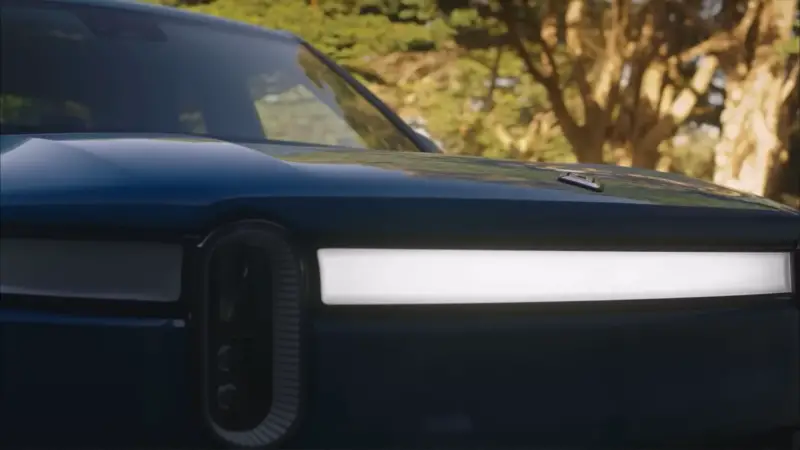
Blume shared similar sentiments on the call. “From the first moment, there was a very good feeling between us, with the same mindset and interests. Our business is a people business, and understanding each other leads to success,” he said, noting Rivian’s agility and modern software experience.
This announcement comes just weeks after Rivian began producing the next generation of its R1T pickup truck and R1S SUV, which feature upgraded components, including a revamped battery pack, suspension system, electrical architecture, interior seats, and sensor stack. Rivian’s new electrical architecture and computing platform have reduced the number of electronic control units (ECUs) from 17 in the first generation to seven. This zonal architecture cuts over 1.6 miles of wiring per vehicle, saving 44 pounds and speeding up production.
Rivian’s new electrical architecture, described by Scaringe as a new vehicle topography, is a crucial innovation that enables wireless software updates. This zonal architecture supports Rivian’s in-house developed software stack, which manages everything from real-time operating systems (RTOS) for thermal dynamics, ADAS, and safety systems, to the infotainment system.
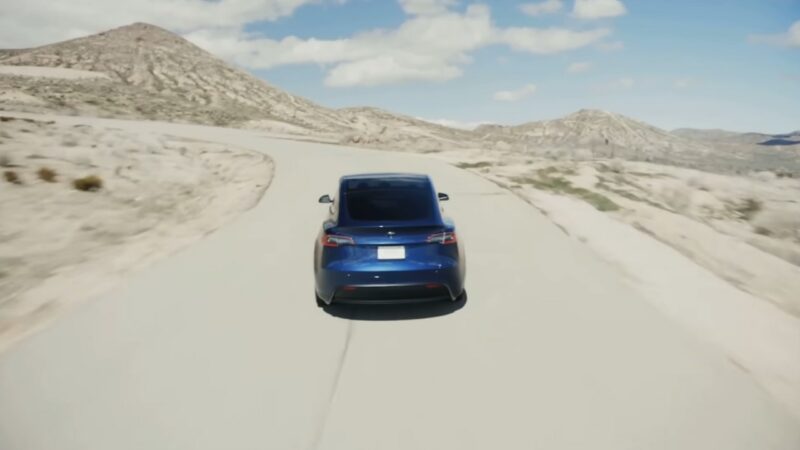
Rivian and Tesla both use a zonal architecture, considered the foundation for software-defined vehicles. Such vehicles offer automakers new revenue opportunities through in-car entertainment and services. In 2021, VW Group projected that Cariad could generate up to €1.2 trillion ($1.4 trillion) in revenue by 2030 through subscriptions and other sales.
VW has long aimed to integrate advanced, easily updatable software across its portfolio. However, the company and its software unit Cariad have faced delays and executive changes. Last October, VW Group’s board approved a restructuring of Cariad, including cutting up to 2,000 jobs and further delaying the launch of VW’s software architecture 1.2 by 16 to 18 months.
The software 1.2 platform, intended for the Porsche Macan EV and Audi Q6 E-Tron, was initially set for completion in 2022 but has been delayed multiple times. VW’s vehicles currently have the 1.1 version installed. Cariad is also working on a 2.0 version, an operating system for all VW Group brands, initially scheduled for a 2025 launch.
